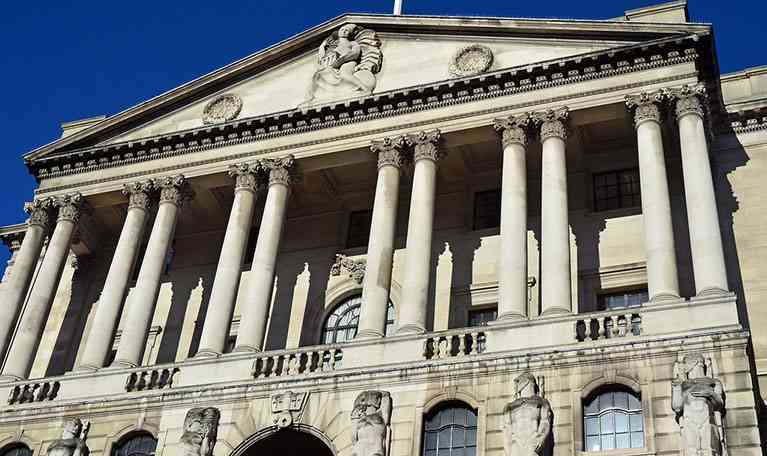The Bank of England increased interest rates for the first time in a decade. Typically, the effect of an interest rate rise would be positive, however, in a move which over 70% of economists criticised, GBP rates were rocked and Sterling plummeted against a host of currencies.

Following the UK’s decision to leave the EU, interest rates were slashed to 0.25 and with the UK’s future standing in the EU uncertain many have quizzed the timing of the Interest rate rise.
The reasoning behind the Bank of England’s rate decision
Following the announcement Mark Carney; The Bank of England Governor took to the stand in order to provide some substance to the bank’s action. Many were awaiting clarification on the further rate hike, growth etc.
However, investors were left wanting with Carney not really being drawn on the timing of further interest rate rises in the UK. He did, however, confirm that future rate hikes should be gradual and be implemented to a limited extent. His main objective as things stand is to curb the UK’s increasing inflation. The Governor insinuated that the normalising of inflation would pave the way for future more hawkish rate hikes, rather than emergency remedy’s
Brexit uncertainty still providing an obstacle for the economy
Whilst it will come as no surprise to us all Brexit has provided continual curveballs for the bank of England to deal with comments from both sides shaking and supporting the pound at will. Touching on Brexit Carney stated
‘’In particular, the Bank faces a cloud of uncertainty regarding Brexit, which has been pressuring sterling since the vote took place last year.’’
Now in recent weeks, it would appear that more traction has been achieved in the negotiations, with many economists now believing a deal will be reached. It is however far from a certainty and there remains the risk.
Subdued Bank of England weakens GBP rates
In the few days leading up to the UK’s first interest rate rise in a decade, GBP rates had enjoyed healthy gains against a basket of currency pairs including the Euro and Dollar.
GBP/EUR had reached a peak of 1.1444 roughly a three month high, with investors potentially pricing in the move or traders taking a position to see the pound fall. In any case, the tone of the Banks of England decision and the non-committal to future rate hikes clearly disenchanted Pound bulls and a huge sell-off ensued with GBP/Dropping from 1.1396 to 1.1193. The Pound has managed to stabilise over the last few days, with positive UK services data providing some support. The GBP/EUR closed the weeks trading at 1.1265.
GBP/USD also took a substantial hit following the BOE conference with the pair plummeting from 1.3284 to 1.3049. The pair concluded the weeks trading at 1.3077.
The pound has very little data which could provide a rally for GBP rates this week with the only announcements being Halifax House Price index, month on month Manufacturing Production and Goods Trade Balance. Brexit talks also resume next week so updates from the talks should be the only market movers for the Pound.